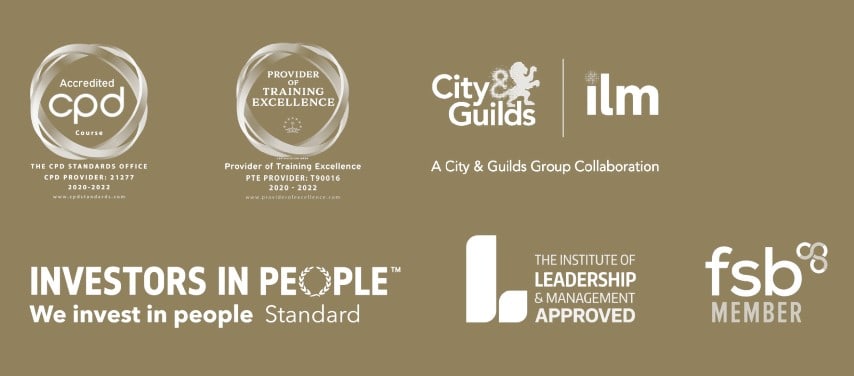
Confidence plays an important part in setting children up for a happy, healthy and successful future. When young people feel confident, they are more likely to take on challenges, thrive in new situations and have a positive view of themselves.
Confident children are more effective communicators, problem-solvers and decision-makers. They trust their own judgment and are better equipped to deal with peer pressure, negative emotions and testing situations.
A healthy sense of self-confidence also helps children recover quicker when things don’t go as planned. Instead of internalising setbacks as personal failures, they are more likely to develop a growth mindset and learn from their mistakes.
The good news is that there are plenty of things that parents can do to boost their child’s confidence and it is never too late to start. Incorporating some of these practical tools into your everyday life is one of the best gifts you can give your child.
Getting your child to help around the house can be an uphill struggle. Often it seems easier and quicker to just complete the task yourself. However, giving children chores is a great way to teach them responsibility and boost self-esteem. Research shows that children who help around the house are also better able to deal with frustration and delay gratification, which in turn contribute to greater success at school.
Quick tip: Assign a specific area of responsibility to your child, such as taking out the rubbish or emptying the dishwasher. This allows them to “own” that task and take pride in doing it well.
Have you ever heard the saying “comparison is the thief of joy”? We live in a society that glorifies competition and individualism, which can put a lot of pressure on young people to excel in the classroom or on the sports field. Social media has also ramped up the comparison game by constantly feeding us a false narrative of unattainable perfection.
When parents compare their children unfavourably to others, it can damage their self-confidence and even lead to bigger problems such as anxiety or depression. On the other side of the coin, children who are made to feel “better” than their peers might experience a boost in confidence in the short term but in the long term it could make them overly reliant on external validation to achieve happiness or self-worth.
Quick tip: Instead of comparing your child to their peers, celebrate their unique talents, strengths and personality traits. This will give them a sense of pride in their own identity and ignite their natural drive to achieve more.
Encouraging children to develop their emotional intelligence will help them to grow into resilient, confident and emotionally healthy adults. Try not to judge your children’s emotions and resist the temptation to jump in with reassurance (“But you’re going to be great at this!”) or by minimising (“There’s nothing to be scared of.”). Instead, give them the space to express their emotions safely in the knowledge that they will be heard and understood.
An important part of emotional intelligence is the understanding that all of our emotions are valid. Negative emotions such as anger, sadness, frustration and fear are just as important as positive emotions like joy, excitement, curiosity and patience. Identifying and labelling their emotions helps children develop the ability to regulate their feelings without being overwhelmed by them.
Quick tip: Encourage children to talk about their feelings by asking questions like “What made you happy today?”, “Did anything make you sad today?” or “Do you want to talk about how you are feeling?”
Children who lack confidence are often reluctant to try new things outside their comfort zone. You can help them embrace new experiences or challenges by praising the effort they put into a task, regardless of whether they succeed or fail.
Start small and think about ways that you can ease your child into the new activity or environment. For example, if they have a fear of water, don’t plan a trip to the nearest water slide. Instead, start with a sprinkler, then a shallow pool and let them feel a sense of control and achievement with each milestone.
Quick tip: Draw up a bucket list of fun activities as a family and aim to try at least a couple of them during the school holidays.
Negative self-talk can be extremely damaging and confidence sapping, for both children and adults. Children have a tendency to make ‘all or nothing’ statements about themselves, such as “I’m rubbish at maths” or “Lucy wouldn’t play with me today. No one likes me, I will never have any friends”.
As a parent you can help your child to develop self-esteem by exploring how mistakes and setbacks have helped them to learn and grow. Encourage them to notice the positives in their life, including the things they like about themselves, progress that they’ve made and the simple enjoyments that make their life better.
Quick tip: Encourage your child to start each day with a positive affirmation to boost their confidence. Here you can find some suggestions to get you started.
Our courses for children build confidence by equipping them with the social skills, resilience and positive mindset to thrive at school and beyond. To find out more, please send an email to [email protected] or contact us via telephone on +44 (0) 203 375 1675.
Share This Page, Choose Your Platform
New Release
Crushing Etiquette
"Excellent book, extremely well written and top content, very informative and relevant to all in all walks of life and business and professionals globally that want to advance in their careers and businesses at any stage and increase their professional impact and potential."
R G Goodier
New Release
Around the World
with Etiquette
This expert-written handbook distills essential country-by-country etiquette – from table manners and business protocols to wedding customs – so travellers, expats, and global professionals can avoid faux pas and make a polished impression abroad.
The British School of Excellence is the #1 industry leading organisation in etiquette, manners, life skills and service training.
The British School of Excellence is a certified Disability Confident Employer.
We believe that we are the best at what we do, but don’t just take our word for it – see the reviews of our courses at the independent review site Coursecheck.
Become a part of the BSE community to keep up to date with our courses, articles and news. Become a better, more confident and professional you!



Strewn with real-life stories, fun facts, playful wordsmithing and engaging rhetoric, this handbook will take you from the dining table to the boardroom table and even beyond borders.